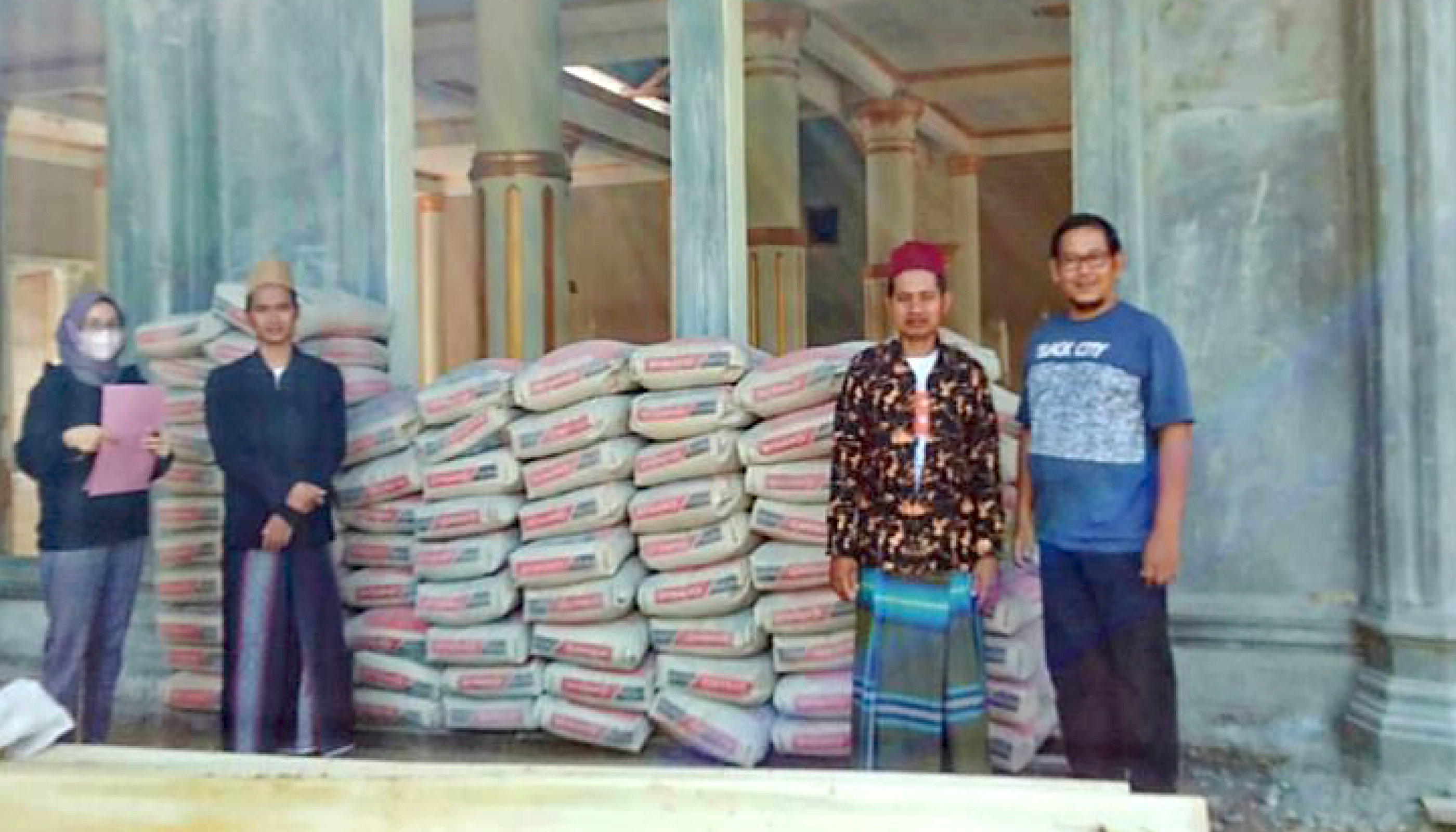Throughout 2021 Great Giant Foods (GGF) carried out as many as 450 Corporate Social Responsibility (CSR) program assistance, which is a form of social responsibility from company managers to stakeholders and other interested parties.
Through the CSR program, a harmonious relationship will be created with the environment and stakeholders around the company as well as providing benefits to the community in terms of development, empowerment and solving problems in the surrounding environment.
“The establishment of the company certainly involves many parties in the surrounding environment. One of the goals of CSR is to help solve environmental problems. The problems faced can come from various aspects, such as environmental, social, and economic,” said Head of Corporate Affairs GGF Hendri Tanujaya.
In carrying out the CSR program, the company certainly has several objectives, including opening up opportunities for cooperation with other parties, improving welfare in various aspects, becoming more aware of and maintaining the surrounding environment, and experiencing firsthand the benefits of empowerment and development programs provided by the company.
Some of the CSR programs that have been carried out by GGF, for example in the economic sector, are the development of MSMEs, the development of the Green Prosperous Farmer Producer Cooperative, poultry business capital, maggot cultivation, the mas banana cultivation partnership program and beef PIR.
The health sector includes blood donation programs, free Covid-19 vaccinations, free treatment and mass circumcision, the Great Indonesia program to reduce stunting and obesity rates, assistance for Covid-19 personal protective equipment, and PCR equipment provided to the Demang Se Island Raya Regional General Hospital. , Central Lampung Regency.
The environmental and community sectors include household and livestock waste management, reforestation, provision of fruit plant seeds, facilitating facilities and infrastructure for election activities. The education sector provides opportunities for students and students to carry out street vendors and internships in companies, skills training and seminars in the field of education, as well as providing scholarships.
The infrastructure sector includes the construction of houses of worship, public facilities, government offices, health agencies, bridge repairs, construction of irrigation canals, freshwater fish farming business ponds, and repair of village roads.

